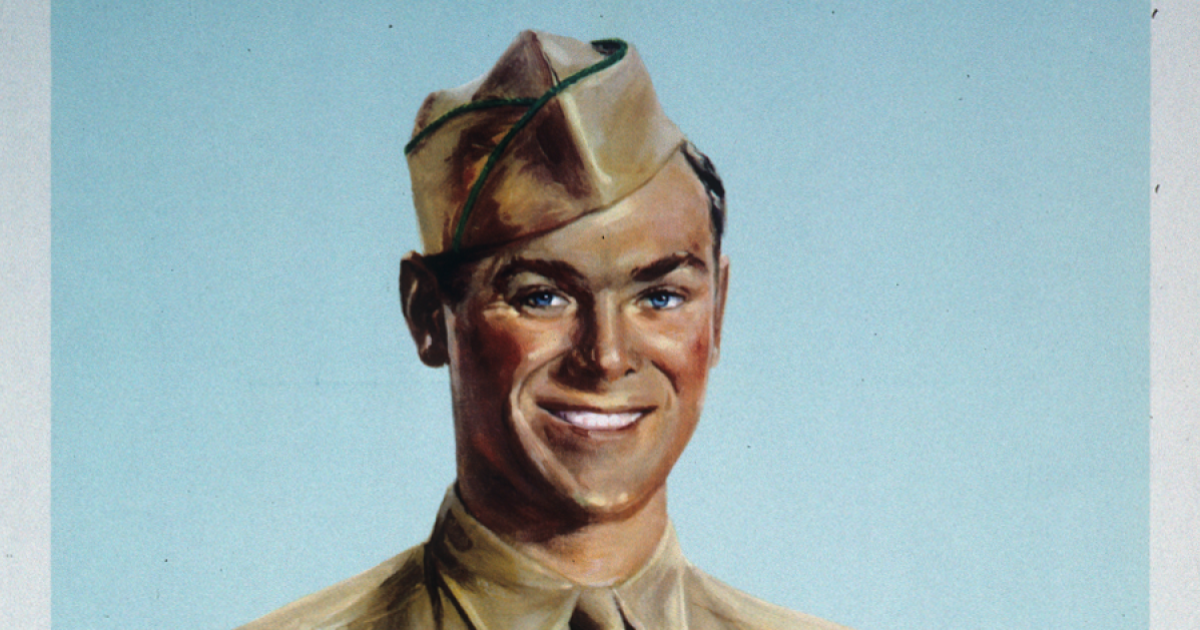Our Secretary of Defense, who prefers to be called the “Secretary of War,” recently demanded that our troops and their leaders embrace a “warrior ethos.” No thanks. We’re not warriors. We’re soldiers and Marines.
Calling our troops “warriors” would be an insult. Warriors fight in tribes. They’re undisciplined and given to atrocities. Our troops are the organized representatives of a rule-of-law state. Warriors are inspired by religion, ethnicity, or opportunity. The members of our armed forces defend civilization.
Unfortunately, this linguistically slovenly misuse of the term “warrior” and the non sequitur “warrior ethos” have lurked among our rank-and-file for decades, appealing particularly to nineteen-year-olds.
Warriors don’t have an ethos. They have passions, beliefs, loyalties, hatreds, superstitions, static social traditions, fear of change, and all too often, a penchant for cruelty. We, by contrast, pledge our lives to a visionary piece of paper that altered the trajectory of humankind. And our men and women in uniform do have an ethos—one of ferocity in battle but of mercy in battle’s aftermath. Above all, we are disciplined—a quality those on the left often misunderstand. Discipline isn’t about getting Infantry privates to kill: that’s all too easy. The ultimate point of military discipline is to be able to stop the killing when it’s time to knock it off.
The secretary who recently lectured our generals and admirals on how to make war (looking the part is apparently the most important factor) did get one thing right: Political correctness had gone too far. But our military responds to its civilian masters. Right argument, wrong audience.
He was also correct that physical fitness is essential to soldiering and standards should be enforced uniformly. But the secretary’s mockery of men and women who have dedicated their lives to service in our military was a cowardly abuse of power: The generals and admirals in that audience could not respond. The secretary spoke cavalierly and insultingly to former superiors who, in his view, did not fit his “warrior” template. If he intended to inspire our military leadership, he failed.
Nor do biceps alone win wars. While I do not recall encountering a single fat general during more than two decades of Army service (husky, yes; fat, no) the fact is that I don’t care how many push-ups a flag officer can do. I want him to be able to think at the strategic level, not just strut like a platoon leader.
The secretary may not understand what being a warrior actually connotes, but long before his appointment, he took a warrior’s stance on atrocities. He decried the treatment of officers and men who behaved criminally on the battlefield, ignoring the clearest possible evidence that those perpetrators had gone wrong: condemnation by their peers. Soldiers are loyal to one another; they’ll often look away from minor infractions. So, when they testify against one of their own, the behavior of the accused had to be intolerable. While we must make allowances for mistakes on the battlefield—which are inevitable—a murderer is a murderer, in or out of uniform.
Over a century ago, then-Major General Leonard Wood wrote that “the purpose of an army is to fight.” And when the fight is on, we must fight to win, without fear of second-guessing when the guns fall silent. Close combat demands strength and ferocity, thus far, the secretary was correct. But we do not abuse or shoot prisoners (in fact, the most-successful reorientation of prisoners of war in history resulted from our humane and generous treatment of Axis POWs during World War II).
Yes, warriors can be effective fighters, especially as guerrillas. But would we really prefer to have our nation and way of life defended by unaccountable thugs? Do we believe the answer to today’s cascading military challenges is to forget the Constitution to which we are pledged or the noble tradition of a non-partisan military we have inherited?
We have spent the last quarter century fighting against warriors. I don’t believe the secretary really wants our troops to behave like al-Qaeda or the Taliban—who fit the warrior mold perfectly.
While working under General George Marshall in the 1930s War Department, one of the greatest American generals, Dwight D. Eisenhower, is said to have relieved a staff officer who could not understand the difference between “will” and “shall.” That rigorous precision reflected rigorous thought. It served “Ike” very well, whether he was dealing with difficult allies or, later, Congress.
Alas, Ike wasn’t a bodybuilder. And I don’t think Ike would have called himself a “warrior.” But, then, that five-star general didn’t pound his chest, swagger, and brag. He merely won the greatest war in history.

















